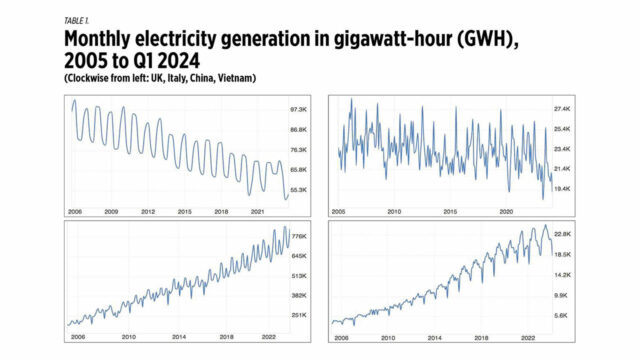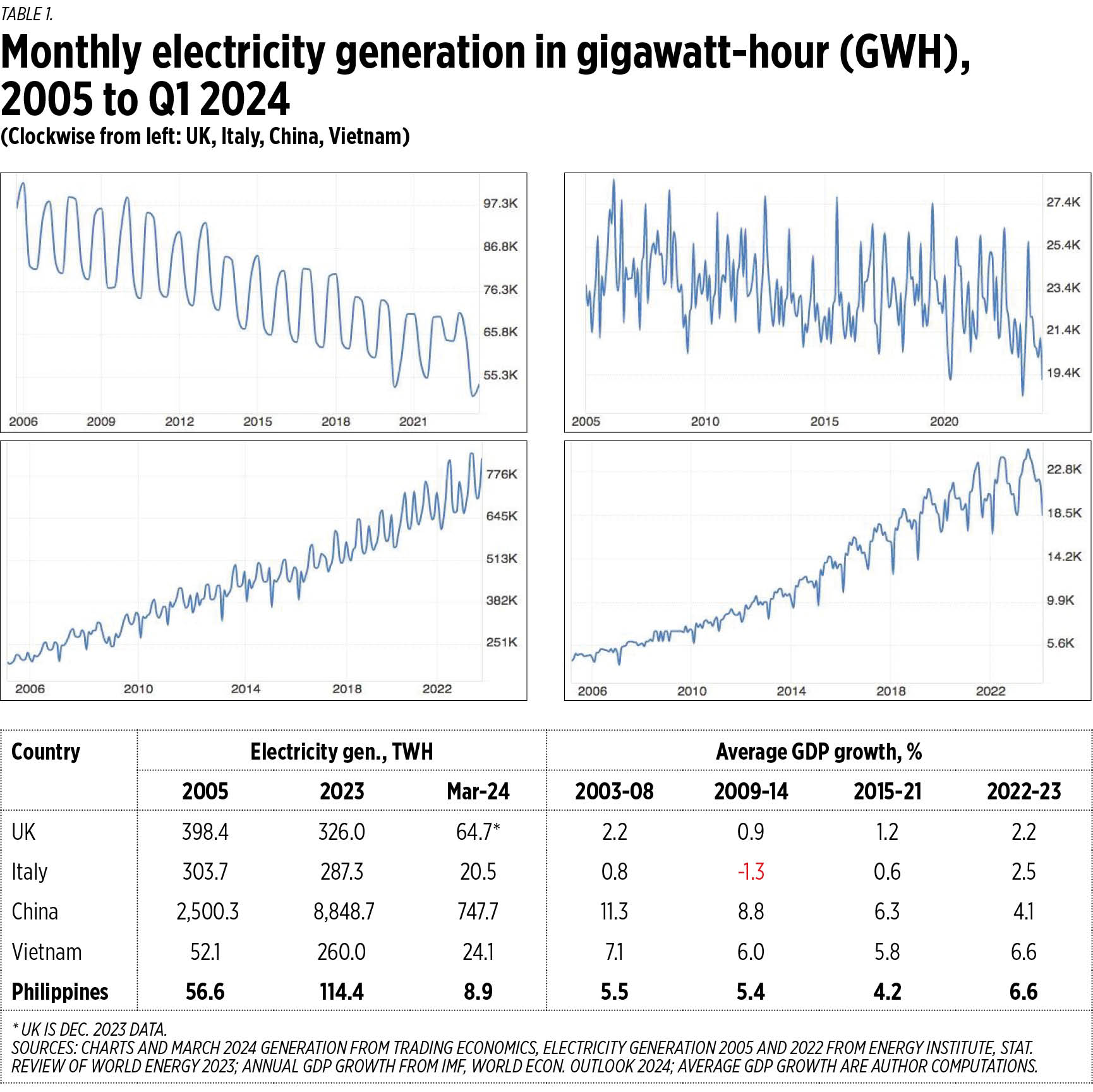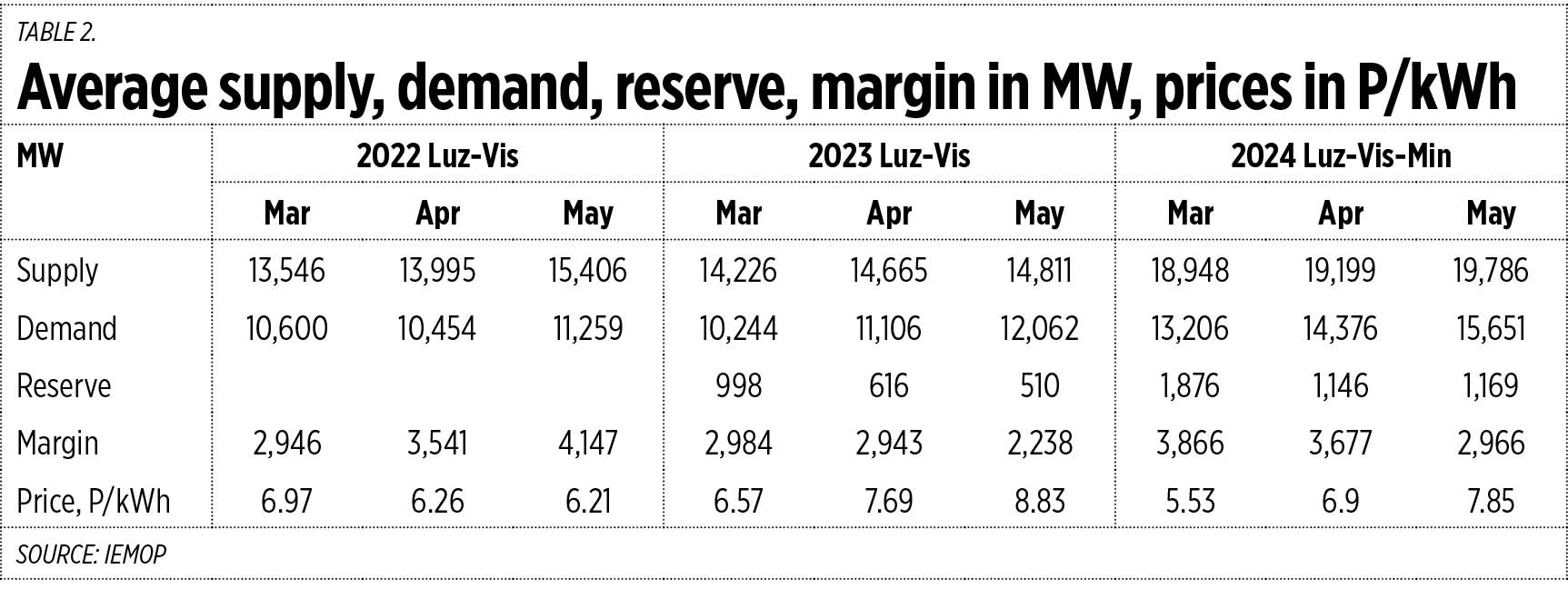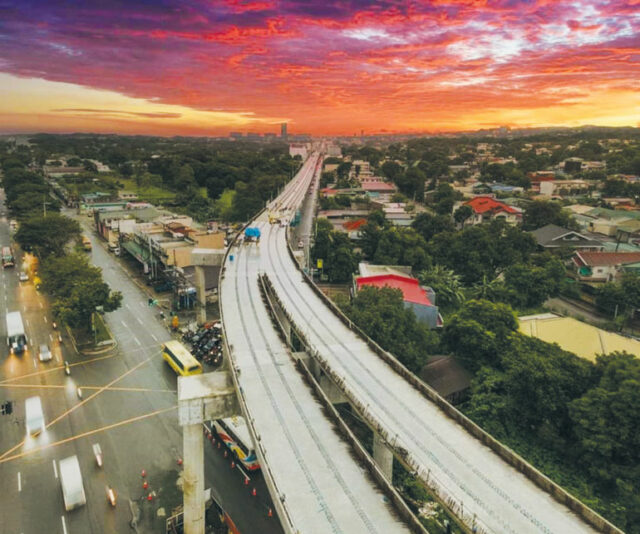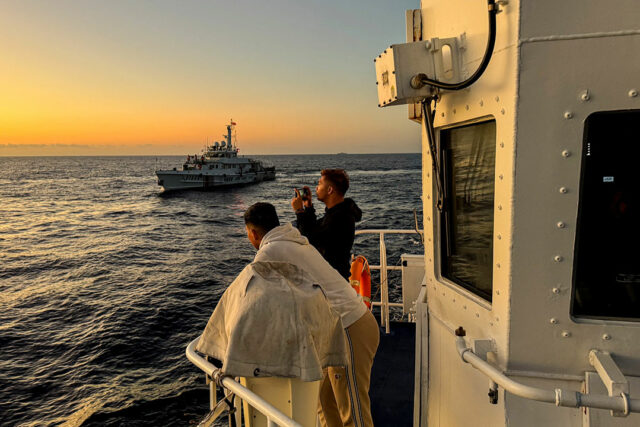LA police probe how Friends star Matthew Perry obtained lethal ketamine dose
LOS ANGELES — Los Angeles homicide detectives and federal agents are investigating how Friends star Matthew Perry obtained the high dose of the powerful prescription drug ketamine that was found in his body and determined to have caused his death, police said.
The disclosure on Tuesday of an ongoing criminal probe by police and two federal agencies came five months after the Los Angeles County medical examiner concluded Perry succumbed to an accidental drug overdose and drowning, with no foul play suspected.
The Dec. 15 autopsy report concluded Mr. Perry died from the “acute effects of ketamine,” which combined with other factors caused the actor to lose consciousness and slip below the water in the hot tub at his Los Angeles home.
“Based on the medical examiner’s findings, the Los Angeles Police Department (LAPD), with the assistance of the Drug Enforcement Administration and the United States Postal Inspection Service, has continued its investigation into the circumstances of Mr. Perry’s death,” the LAPD said in a statement.
A police spokesperson said detectives from the LAPD’s robbery-homicide division were conducting the police inquiry.
Toxicology tests found ketamine, a short-acting anesthetic with hallucinogenic properties, in Mr. Perry’s body at dangerously high levels well within the range typically associated with general anesthesia used in monitored surgical care, the autopsy said.
Coronary artery disease, the effects of the opioid-addiction medicine buprenorphine — also detected in his system — and drowning were listed as contributing factors in his Oct. 28 death.
Mr. Perry, 54, who publicly acknowledged decades of drug and alcohol abuse, including the years he starred as Chandler Bing on the hit 1990s television sitcom Friends, had been sober for 19 months with no known relapses before his death, according to interviews cited in his autopsy.
Witness interviews in the report said he had been undergoing ketamine infusion therapy for depression and anxiety. But his last known treatment was a week and a half before his death, so the ketamine found in his system by medical examiners would have been introduced since that last infusion, the autopsy said.
“The exact method of intake in Mr. Perry’s case is unknown,” the report said, adding that trace amounts of ketamine showed up in his stomach. No needle marks were found on his body, it said.
How the actor might have obtained ketamine on his own or who might have supplied it to him were left open questions and, according to an LAPD spokesperson, are the focus of the ongoing investigation.
A DEA spokesperson declined to comment on the investigation, referring media inquiries to the LAPD. — Reuters


